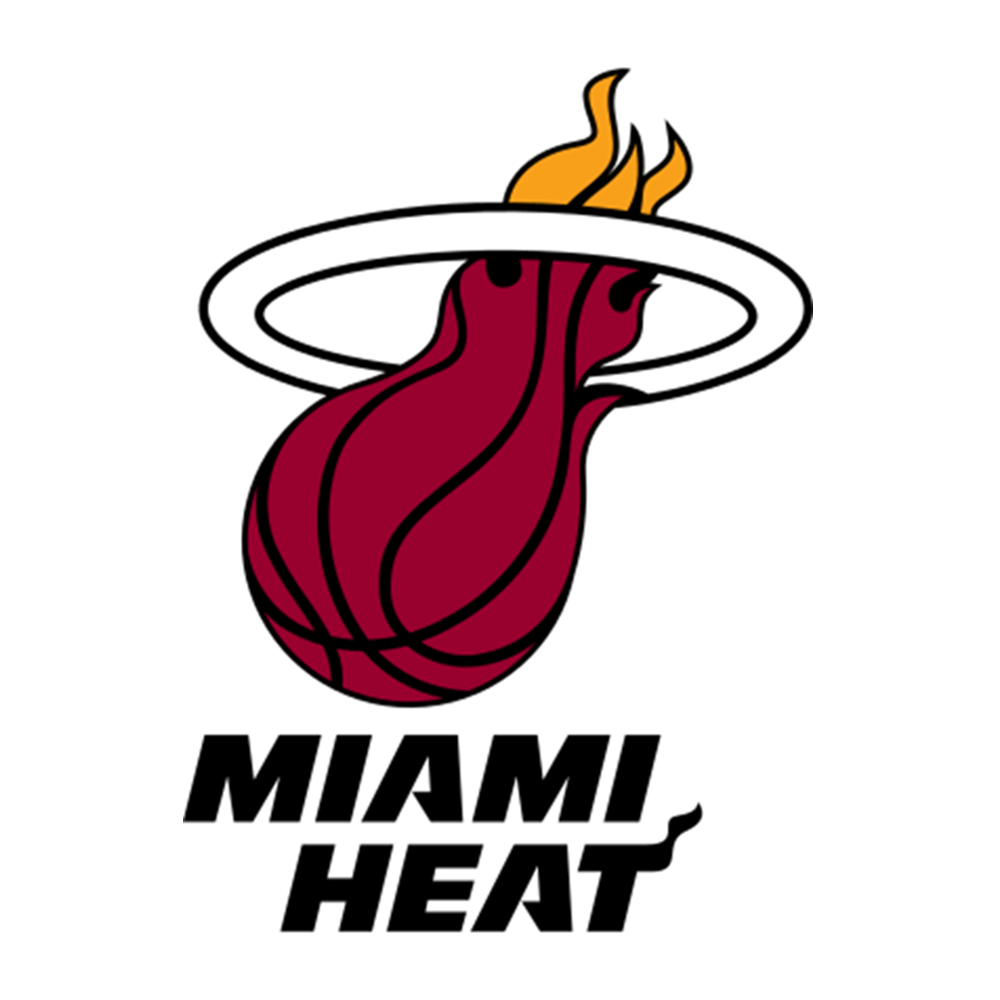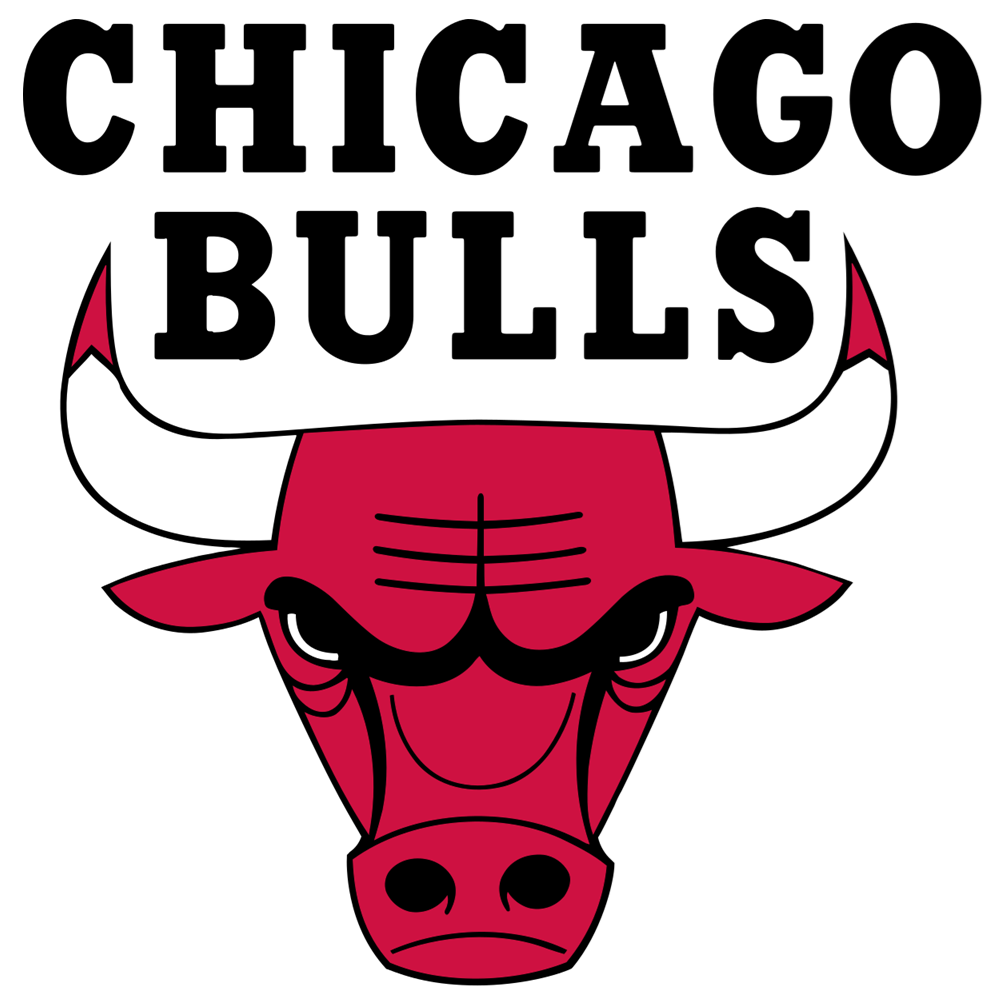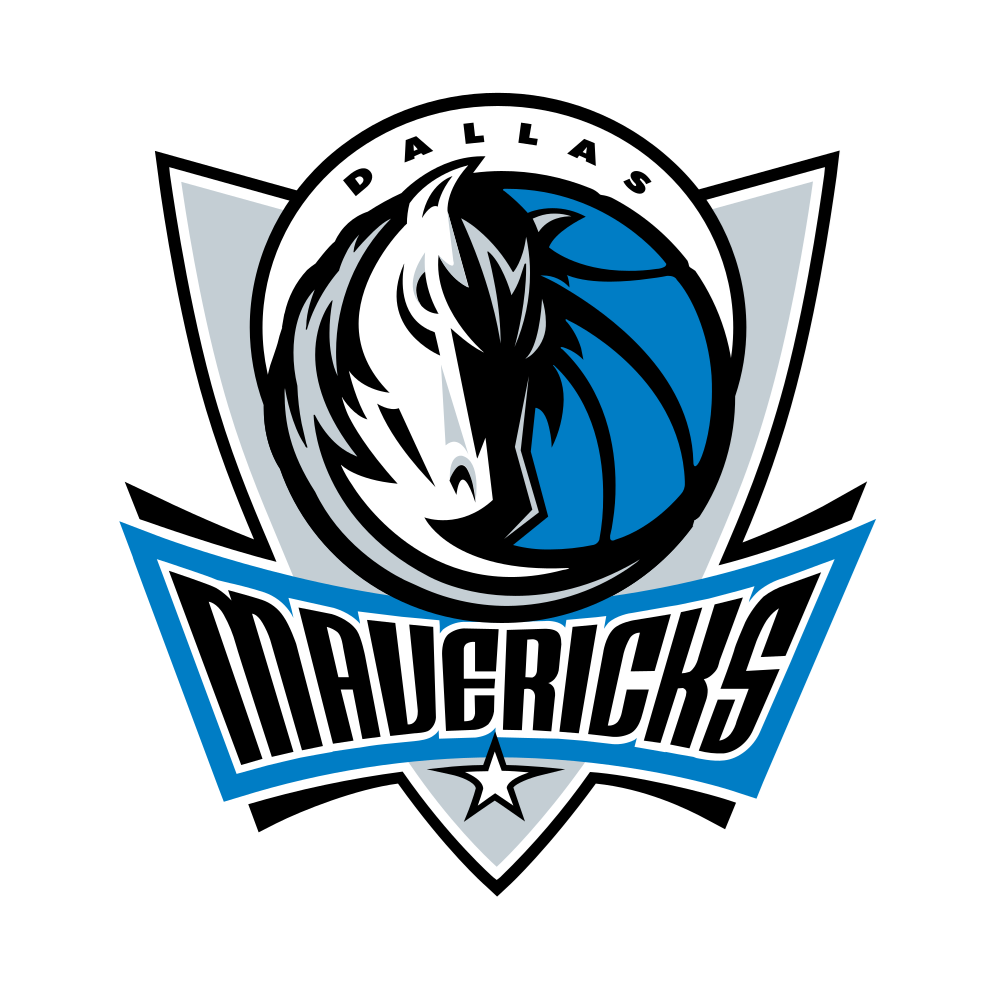If anyone in basketball deserves a vacation it's Golden State Warriors owner Joe Lacob. His team just went on one of the most dominant playoff runs in NBA history on its way to winning its second title in three years.
He's got Stephen Curry, Klay Thompson and Kevin Durant locked in for another season, and talented veterans all over the league begging for a minimum salary just to get a shot at the trophy. He should be on a beach smoking a few cigars and reveling in his success.
Instead, Lacob and the Warriors front office were hard at work on draft night trying to pry away a pick in the 2017 NBA Draft away from the Chicago Bulls.
When it was all said and done, Lacob paid the Bulls $3.5 million - the max amount allowed - for the 38th pick in the draft, which they used to select athletic Oregon forward Jordan Bell. Bell is best known for breaking the Draft Combine record with the fastest recorded shuttle run time in history.
When asked why he would spend so much money on a second rounder, Lacob had a simple answer.
"We just think that it’s money well spent if you just do the math," he said. "If you are good at picking players, it’s just a lot cheaper way to get a player than otherwise. How else are you going to do it?"
Obviously the Bulls don't see things that way, and neither do the Bucks, who gave up their 38th pick to the Warriors in last year's draft for $2.4 million. That pick turned into Pat McCaw, who saw meaningful minutes for Golden State in this year's finals.
But according to Lacob, getting picks for cash isn't as easy as flashing money.
"We tried really hard. It was really hard this year. Harder than it sounds. It's amazing that we were able to do it, second year in a row. Thirty-eight's a lucky number, I guess."
As long as Durant remains in the Bay Area, the Warriors will always get discounted for being a "super team". But if you zoom out and look at how this team was constructed, it's really the result of Lacob and General Manager Bob Myers' tireless work ethic and shrewd deal making.
Most front offices would be content to sit on their laurels after going 15-1 in the playoffs, but the Warriors know how quickly power can shift in the NBA, and how important it is to control cheap talent if you want continued success in the league.


















